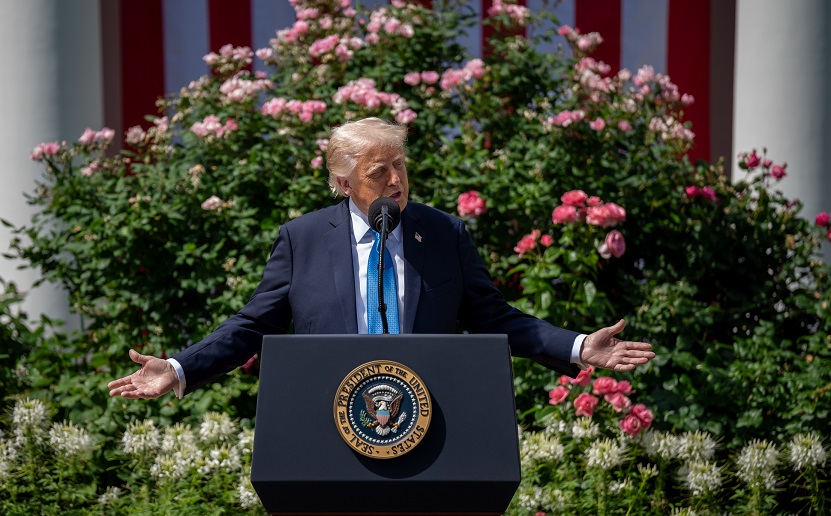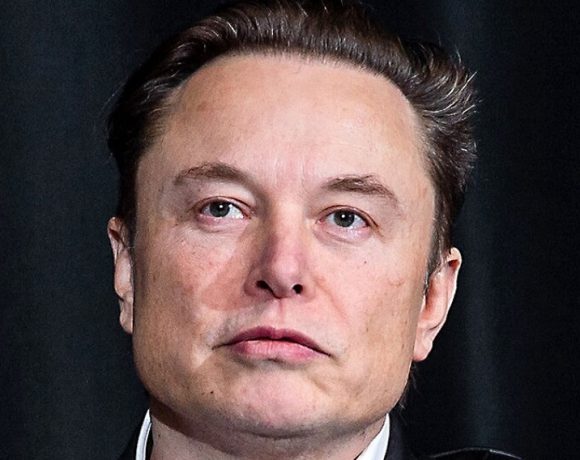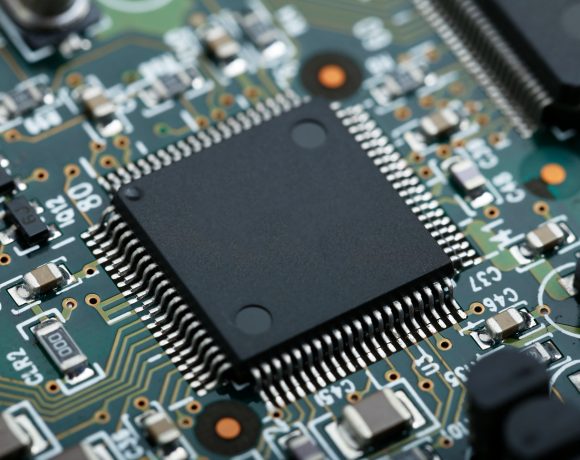
Trump Threatens 100% Tariff on Foreign-Made Chips
U.S. President Donald Trump has announced plans to impose a 100% tariff on computer chips made outside the United States if chip manufacturers do not shift production to American soil. The statement marks a significant escalation in his push to bring semiconductor manufacturing back to the U.S., as part of his broader economic agenda ahead of the upcoming presidential election.
Trump, who is currently campaigning for a second term, said the move is aimed at securing U.S. technological independence and reducing reliance on countries like China, Taiwan, and South Korea, which currently dominate global chip production. He argued that the COVID-era chip shortages had exposed critical vulnerabilities in America’s supply chains.
Semiconductor Firms Face Pressure to Localize
The proposed tariff would apply to all foreign-manufactured chips, regardless of the company’s origin. Major players like TSMC, Samsung, and even U.S.-based firms that operate fabrication plants overseas could be affected. Trump warned that companies would face the steep duty unless they build or expand chip manufacturing facilities within the United States.
Industry analysts say the plan, if implemented, could disrupt global tech supply chains and raise costs for consumer electronics, automobiles, and advanced defense systems. However, Trump believes that the short-term economic cost is worth the long-term strategic benefit.
Policy Sparks Industry Concerns
Many in the tech industry have expressed concern over the feasibility of such a move. Building semiconductor fabs in the U.S. takes several years and billions of dollars in investment. While the Biden administration has already launched the CHIPS Act to incentivize domestic manufacturing, Trump’s proposal significantly raises the stakes by adding punitive measures for companies that don’t comply.
Some experts argue that the threat of tariffs could backfire by triggering retaliatory actions from other nations, potentially harming U.S. exports of software, cloud services, and chip design tools. There are also concerns about whether the U.S. has the necessary skilled workforce and infrastructure to support rapid expansion in chip manufacturing.
Despite these challenges, Trump’s proposal has found support among sections of the electorate concerned about economic security, job losses, and over-dependence on foreign markets. The policy is expected to become a key talking point in the 2024 presidential campaign.


















